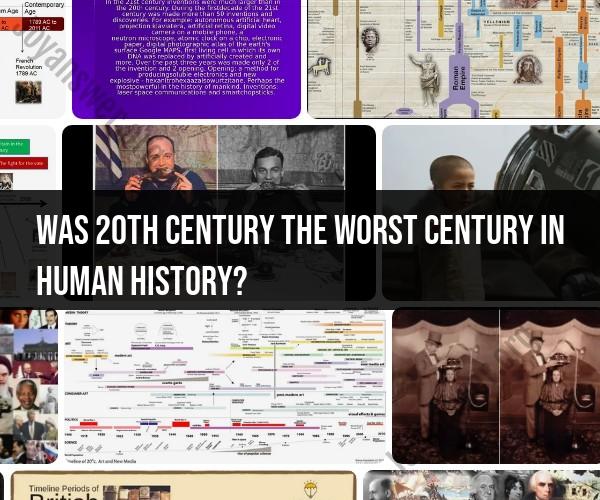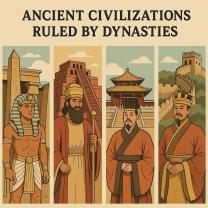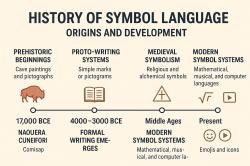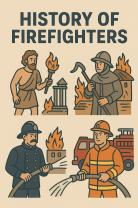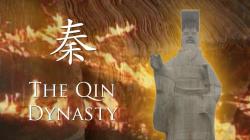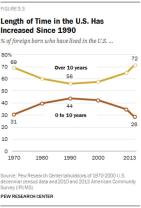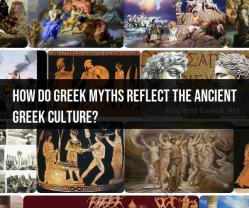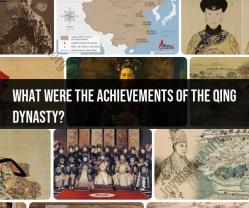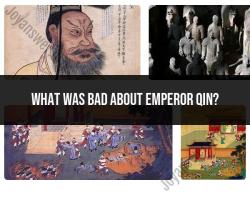Was 20th century the worst century in human history?
Whether the 20th century was the "worst" century in human history is a matter of perspective and depends on the criteria used for assessment. It was a century marked by significant advancements in various fields, such as technology, science, medicine, and civil rights, which improved the quality of life for many people. However, it was also a century marred by devastating wars, genocides, and numerous conflicts that resulted in immense human suffering.
Here are some key events and aspects of the 20th century that contributed to its complex historical legacy:
Positive Aspects:
Technological Advancements: The 20th century witnessed remarkable technological progress, including the invention of the airplane, the development of the internet, and the exploration of outer space. These advancements have transformed society and improved communication and transportation.
Medical Breakthroughs: Medical discoveries such as antibiotics, vaccines, and surgical techniques significantly increased life expectancy and reduced the impact of infectious diseases.
Civil Rights Movements: The 20th century saw significant strides in civil rights and social justice, including the American Civil Rights Movement, the end of apartheid in South Africa, and the advancement of women's rights.
End of Colonial Empires: Many countries gained independence from colonial rule during this century, leading to the decolonization of Africa, Asia, and other regions.
Negative Aspects:
World Wars: The 20th century was marked by two devastating world wars (World War I and World War II) that resulted in millions of deaths and widespread destruction.
Genocides: The Holocaust, in which six million Jews were systematically murdered, and other genocides, such as those in Cambodia, Rwanda, and Bosnia, represented some of the darkest moments in human history.
Cold War and Nuclear Threat: The Cold War between the United States and the Soviet Union brought the world to the brink of nuclear conflict, with the constant fear of a global thermonuclear war.
Totalitarian Regimes: The century saw the rise and fall of totalitarian regimes, including Nazi Germany, the Soviet Union under Stalin, and various authoritarian governments that oppressed their populations.
Environmental Challenges: Industrialization and increased consumption led to environmental issues, such as pollution, deforestation, and climate change, that continue to affect the planet.
It's important to recognize that the 20th century was a complex and multifaceted period in human history. While it brought about significant progress and achievements, it also witnessed some of the darkest moments of violence and oppression. Assessing whether it was the "worst" century depends on how one weighs these positive and negative aspects and their impact on humanity. Ultimately, historical assessments often vary based on individual perspectives and the specific criteria used for evaluation.
Whether or not the 20th century was the most challenging era in history is a matter of debate. There is no doubt that the 20th century was a time of great upheaval and change, with two world wars, the Cold War, and numerous other conflicts and disasters. However, it is also important to consider the progress that was made during the 20th century in areas such as science, technology, and medicine.
Here are some of the challenges that humanity faced in the 20th century:
- World War I and World War II: These two wars resulted in the deaths of millions of people and caused widespread devastation.
- The Cold War: This period of tension and rivalry between the United States and the Soviet Union threatened the world with nuclear war.
- Genocide and other mass atrocities: The 20th century saw some of the worst instances of genocide and other mass atrocities in human history, including the Holocaust, the Rwandan genocide, and the Cambodian genocide.
- Economic crises: The Great Depression of the 1930s and the oil crisis of the 1970s caused widespread economic hardship.
- Natural disasters: The 20th century saw a number of devastating natural disasters, such as the 1918 influenza pandemic, the 1931 China floods, and the 1989 Loma Prieta earthquake.
Despite these challenges, the 20th century also saw a number of significant achievements:
- Advances in science and technology: The 20th century saw major advances in science and technology, including the development of the atomic bomb, the computer, and the internet.
- Improvements in healthcare: The 20th century saw significant improvements in healthcare, leading to increased life expectancy and better treatments for a wide range of diseases.
- Social progress: The 20th century saw major advances in social progress, including the expansion of civil rights and the empowerment of women and minorities.
Overall, the 20th century was a time of both great challenges and great achievements. Whether or not it was the most challenging era in history is a matter of opinion. However, there is no doubt that the 20th century was a time of significant change and upheaval for humanity.
